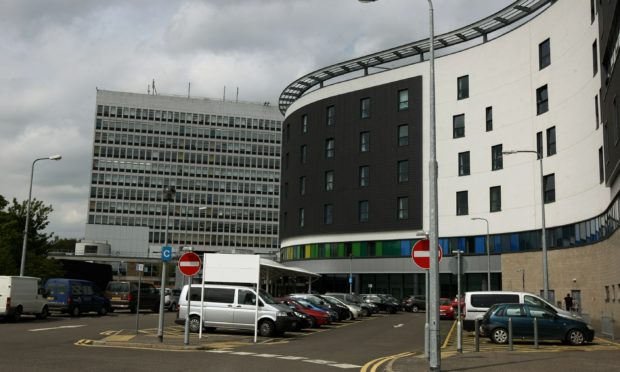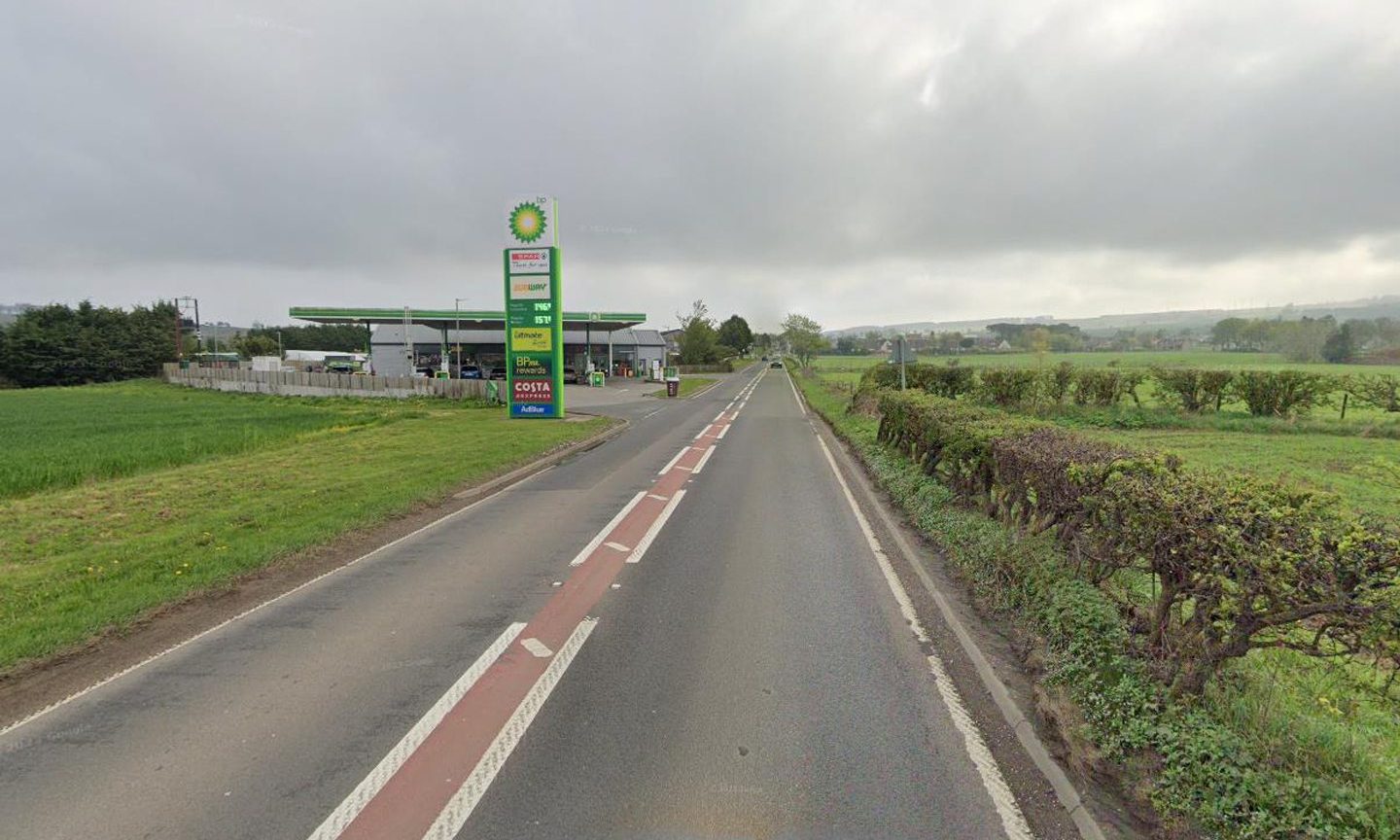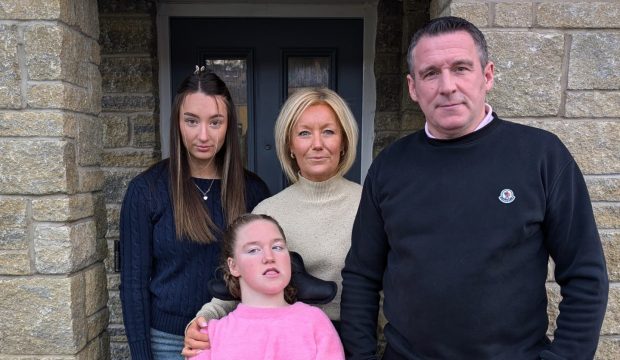NHS Fife has apologised to the family of a woman who died from sepsis after an investigation identified “significant failings” in her care.
The woman, identified only as Mrs A, was admitted to Victoria Hospital in Kirkcaldy with a suspected infection in her leg but died shortly afterwards.
An investigation by the Scottish Public Services Ombudsman (SPSO) found Mrs A’s antibiotics had been stopped for an unknown reason.
The probe also revealed a mistake was made when completing her death certificate and there was no attempt to correct it.
NHS Fife medical director Dr Christopher McKenna said: “While we aspire to provide the best possible treatment for all of those requiring our services, we accept that there were clear failings in the care we provided in this case.
“We will be apologising formally to the family in this case and welcome the opportunity to do so publicly.
“The ombudsman made a number of recommendations and we are in the process of implementing these in full.”
The SPSO report followed a formal complaint by the woman’s daughter.
NHS Fife has now been given a list of recommendations.
The ombudsman wants to find out why rheumatology records were not accessed by medical staff and why antibiotic treatment was stopped.
NHS Fife has been asked to provide evidence of a Significant Adverse Events Review (SAER) into Mrs A’s care and treatment.
The ombudsman said: “The board appeared to have failed to follow their own guidance
on reporting on adverse incidents and holding SAERs.”
The health board must now issue a new death certificate to the family so they can submit this to the National Records of Scotland.
“We took independent medical advice from a consultant in acute medicine,” said the ombudsman.
“We found that there were significant failings on the part of the board.
“The advice noted that there was no record that the most significant drugs Mrs A was receiving were identified by medical staff or taken into account in her treatment.
“In addition, although Mrs A had received initial treatment with antibiotics, this had been stopped and there was no detail or reasoning for this recorded in Mrs A’s medical records.
“Following Mrs A death, the board did not appear to have properly followed its own
procedures for reviewing incidents where a patient had come to harm.
“We considered that Mrs A did not receive a reasonable standard of care and treatment
and upheld this aspect of Mrs C’s complaint.
“We also found that the board had failed to take reasonable steps to ensure Mrs A’s death certificate was accurate. This included a failure to attempt to correct the death certificate. We upheld this aspect of Mrs C’s complaint.”
The family had also claimed that lack of communication from NHS Fife staff meant Mrs A’s death had been “unexpected and traumatic”. However, this aspect of the complaint was not upheld.
“Although we recognised that the family had found Mrs A’s deterioration distressing, the standard of communication between medical staff and the family was reasonable.”










